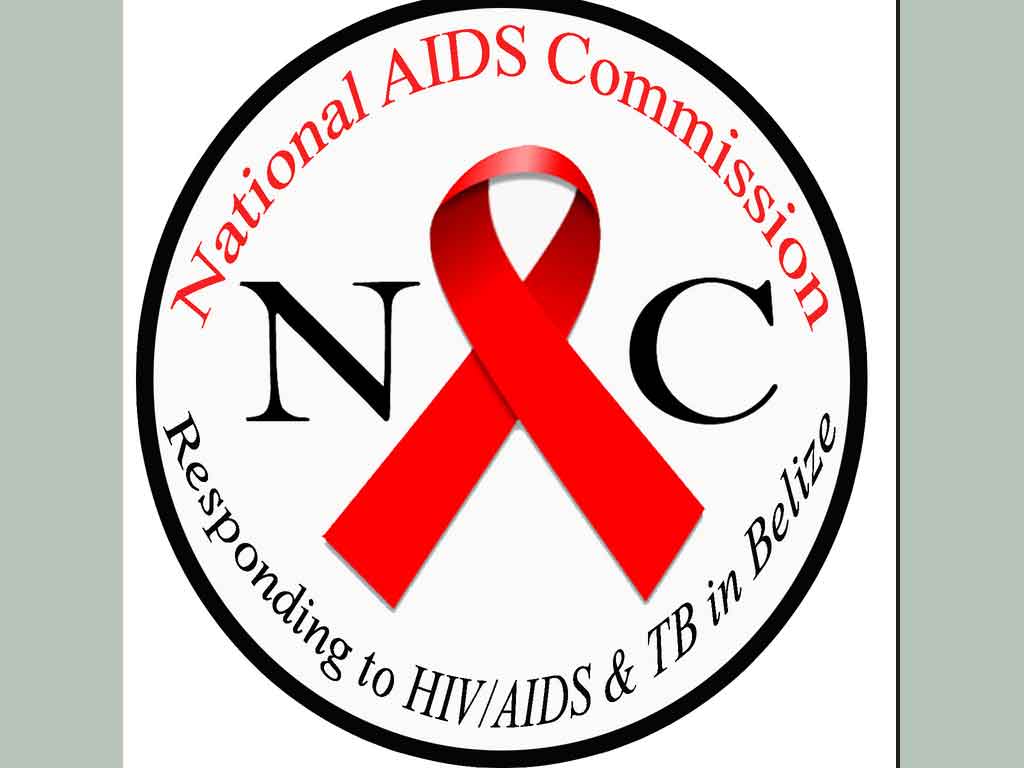The commission’s executive director Enrique Romero, told the press that under the theme “on the path of rights,” the national strategy should focus on the need to obtain better results from the response to the epidemic.
The commission’s move, Romero clarified, adheres to the call from the United Nations Organization for 2024, encouraging the world to strengthen unity in supporting people who live with the Acquired Immunodeficiency Virus (HIV), which causes AIDS, and for nations to advance in designing relevant programs.
After acknowledging that local health authorities provide free medicines to patients and organize advertising campaigns for risk groups, the director insisted on the need to apply strategies and interventions that go beyond the current approach.
He also pointed out that eliminating barriers that facilitate general access to health services is vital, and mentioned the example of youngsters who start having sex from the age of 16 or before but cannot access health care until they are 18.
Conducting more research, expanding communication and educational actions, and better coordinating programs to promote the reduction of the spread and impact of the disease is also imperative, Romero said.
Along with Jamaica and Saint Vincent and the Grenadines, Belize became a recipient of certification from the World Health Organization last May, for eliminating mother-to-child transmission of HIV/AIDS and syphilis, in what has been considered an important step in the fight against the disease.
Despite the efforts and commendable results, however, Belize still remains one of the most affected countries in the Central American region, with 3,700 cases diagnosed until 2023 and a prevalence of 4.0 percent among adults.
The first case of AIDS in Belize was diagnosed in 1986 and since then it has spread to the general population, particularly in poorer groups, migrants, who are exposed to low levels of comprehensive education and cultural attitudes that deny protective practices, particularly in male couples.
ied/oda/ohh










